The Life and Adventures of Father Silas | written by himself and now first translated from the original French edition (dated 1742), anonymous [attributed to Jean-Charles Gervaise de Latouche], (np [Charles Hirsch?], London, 1907)
7″ X 4.5″, 185pp, beautifully bound full red morocco with gilt border on boards, gilt decorations and title on spine, 5 raised bands, deckled edges, illustrations not present, good+ condition, slight internal foxing, a beautiful copy of a rare book.
Originally published in French, Histoire de Dom Bougre, Portier des Chartreux is a French novel from 1741. Allegedly the anonymous author was Jean-Charles Gervaise de Latouche. Histoire de Dom Bougre is one of the most celebrated French erotic novels of the 18th century, and one of the most frequently reprinted.
The novel was published under a variety of titles in French: Histoire de Dom B… (1741), Histoire de Gouberdom (1772), Mémoires de Saturnin (1787), Le Portier des chartreux (1784) and Histoire de Saturnin (1908). Translations into English have appeared under a similar variety of titles, such as The History of Don [sic] B. (1743), The Life and Adventures of Silas Shovewell (1801) and The History of Father Saturnin alias Don B*** alias Gouberdom – Porter of the Charterhouse at Paris (ca. 1827).
The novel tells from the first-person perspective the life story of the monk B… (the acronym stands for Bougre, a French vulgar expression for pederast), whose real name is Saturnin. Saturnin’s first sexual intercourse is with his sister Suzon and his mother. Even if it turns out later that in reality there is no blood relationship, the text heralds an incessant series of taboo breaking with this alleged incest. In the further course of numerous humorously designed scenes, Saturnin will experience all varieties of sexual disinhibition, whereby ruthless criticism of church and society is also practiced in constant alternation. Finally, Saturnin meets the syphilis sister in a brothel. He loves her sincerely and spends the night with her, although she warns him about the risk of infection. The two are torn apart the next day; Saturnin falls ill and is forcibly castrated to save his life, Suzon dies. In the end, Saturnin finds refuge in a Carthusian monastery, where, freed from all passions, he can await death, which he neither fears nor longs for. He would like the words: Hic situs est Dom Bougre, fututus, futuit (Here lies Dom Bougre, he fucked, and was fucked), to be inscribed on his grave.
Jean-Charles Gervaise de Latouche (1715 – 1782), was a French writer. He was a lawyer at the Parlement de Paris of the Ancien Régime.
The authorship of the licentious books Mémoires de Mademoiselle de Bonneval (1738), Histoire de Dom Bougre, Portier des Chartreux (1741), and possibly also Lyndamine, ou, L’optimisme des pays chauds (1778) has been attributed to him.
Charles Hirsch was a French bookseller in Victorian London who sold French literature and ran a clandestine trade in expensive pornography. Hirsch’s bookshop Librairie Parisienne was at Coventry Street, London. He also published in Paris and translated pornographic works from French to English and vice versa.
Hirsch knew Oscar Wilde, and claimed to have sold him various works of erotica, including The Sins of the Cities of the Plain in 1890. Hirsch describes how Wilde brought the manuscript of Teleny to his bookshop in 1890 instructing that it be held until a friend, who would be carrying Wilde’s card, came to retrieve it. “A few days later one of the young gentlemen I had seen with [Wilde] came to collect the package. He kept it for a while and then brought it back saying in turn: ‘Would you kindly give this to one of our friends who will come to fetch it in the same person’s name'”. Hirsch recounts three further repetitions of this “identical ceremony” before the package made its way back to Wilde. Hirsch defied the strict instructions not to open the package while it was in his care, and claims that it was written in several different hands, which lends further support to his supposition that it was authored in “round robin” style by a small group of Wilde’s intimate associates.


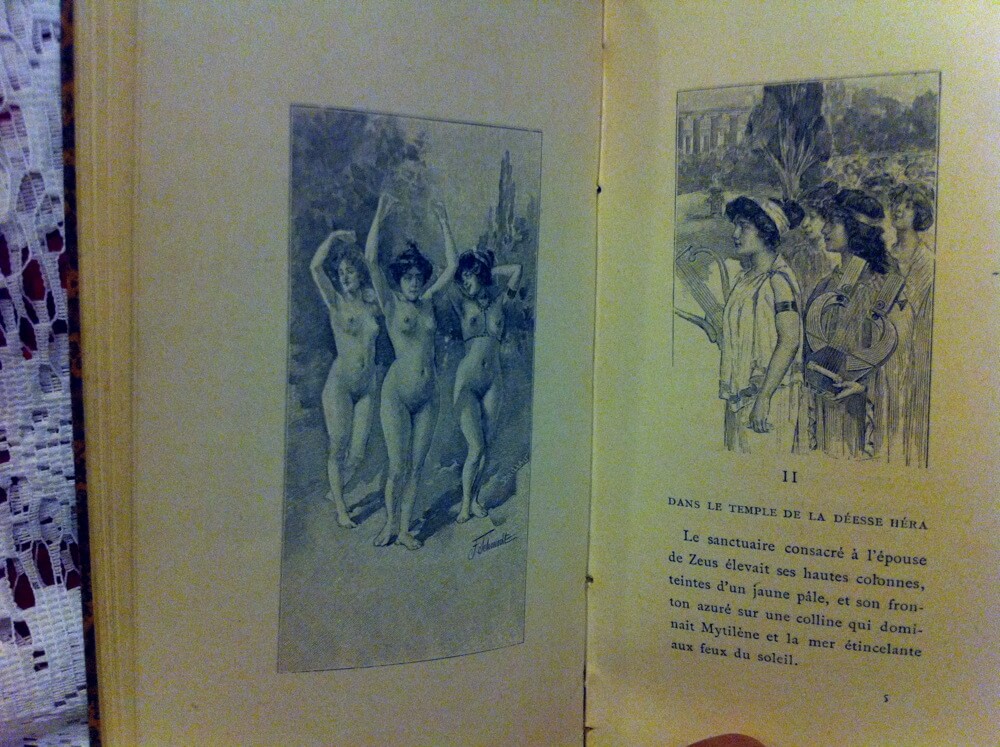
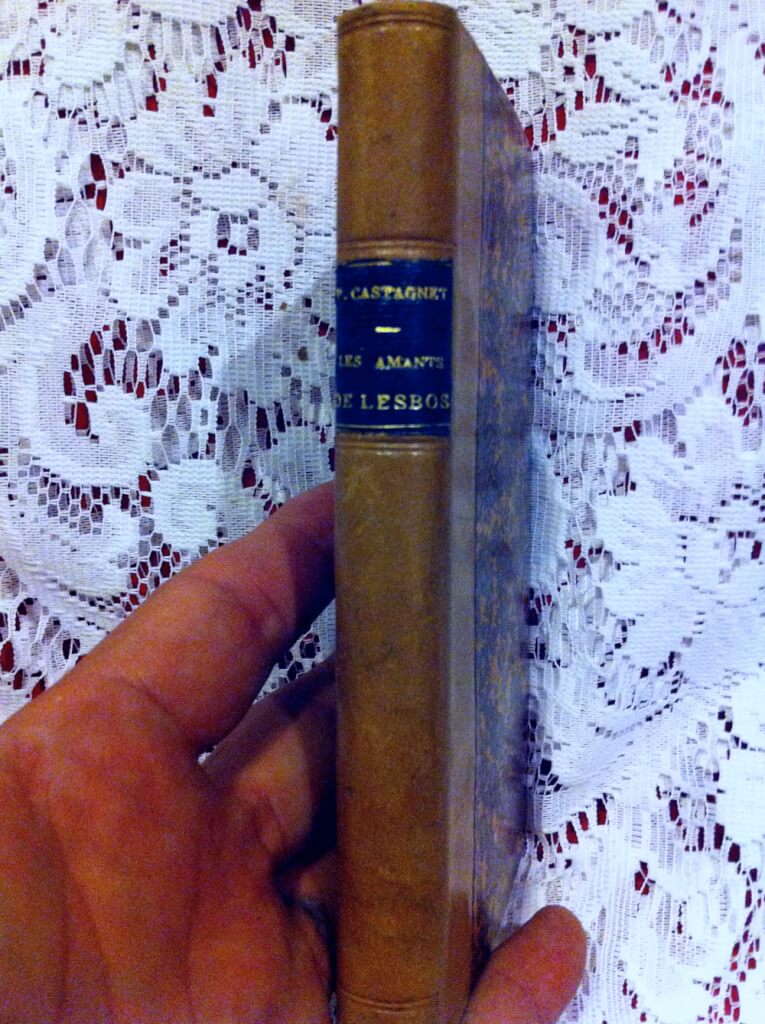

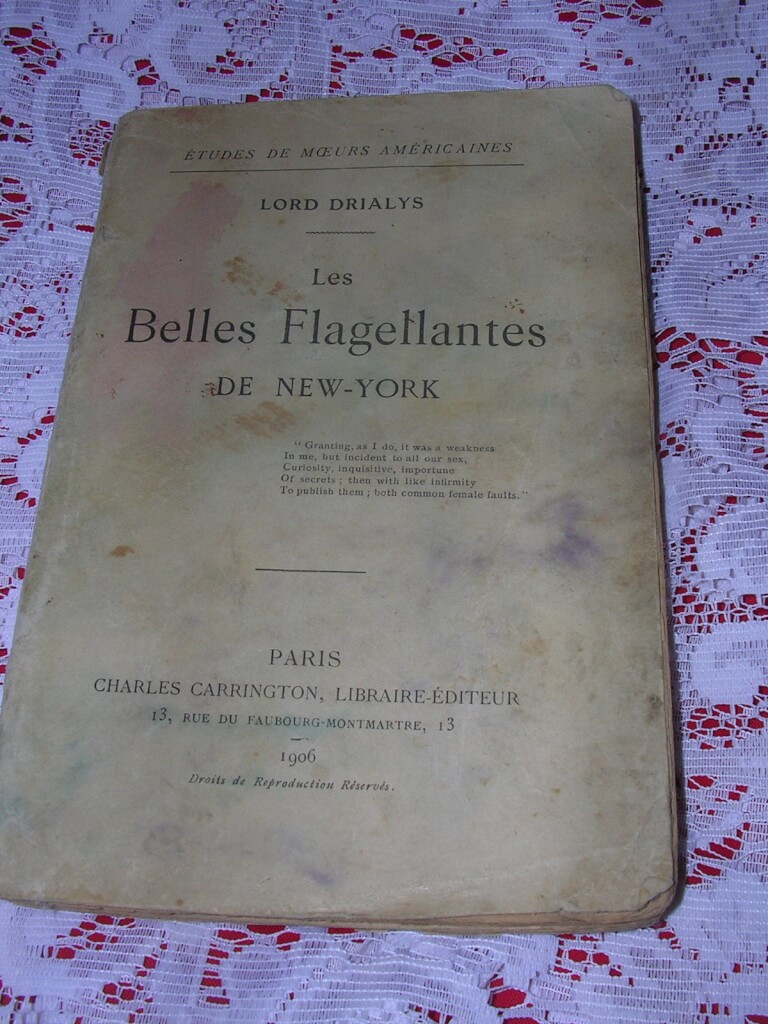

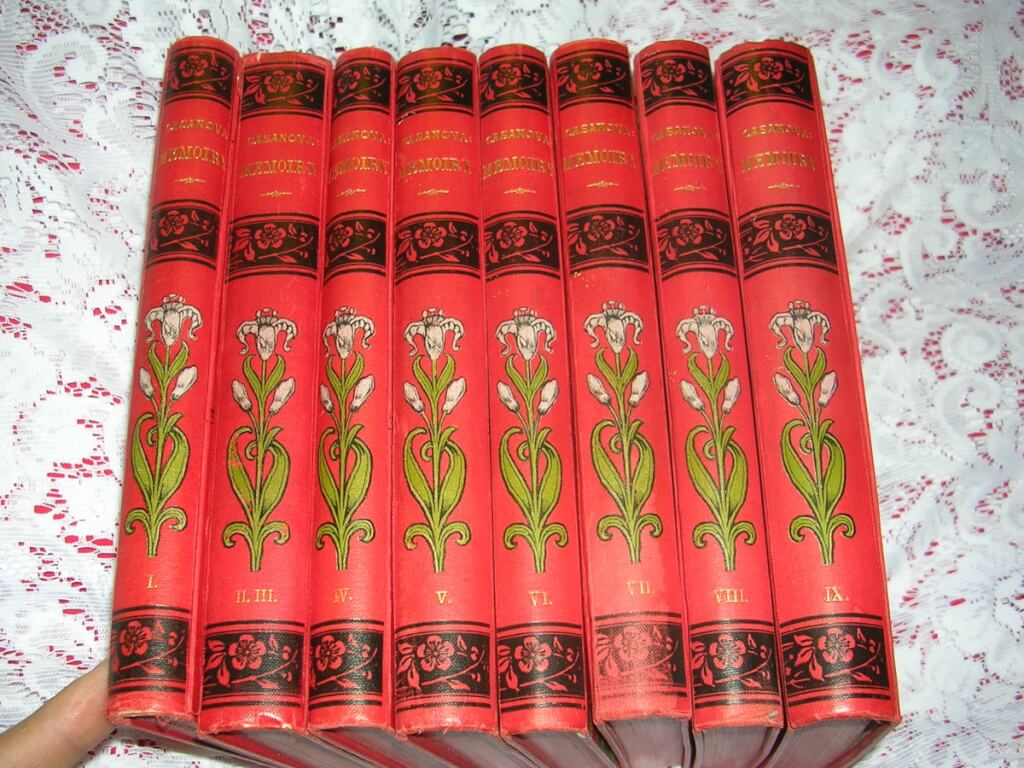
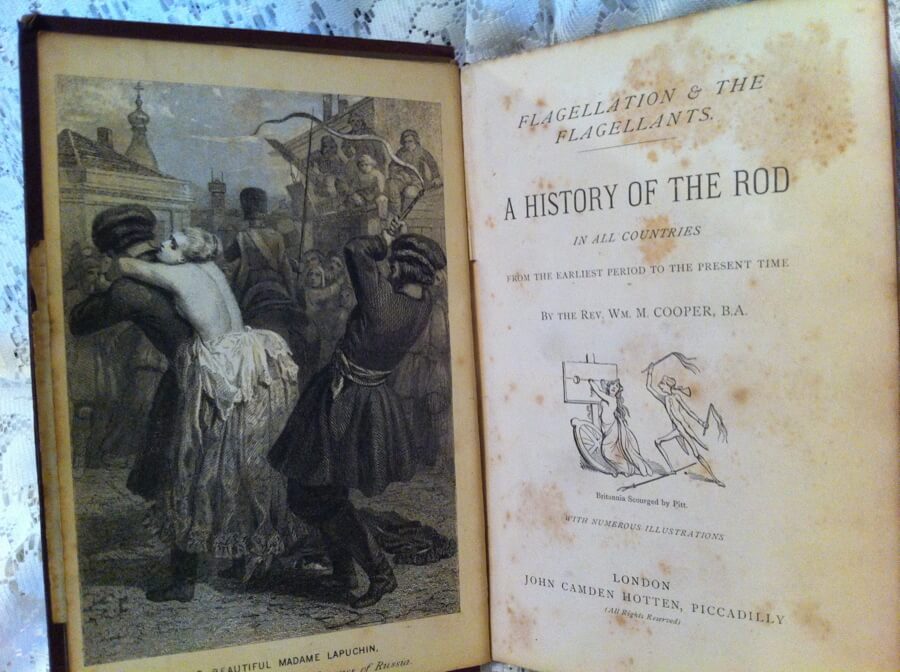

Reviews
There are no reviews yet.